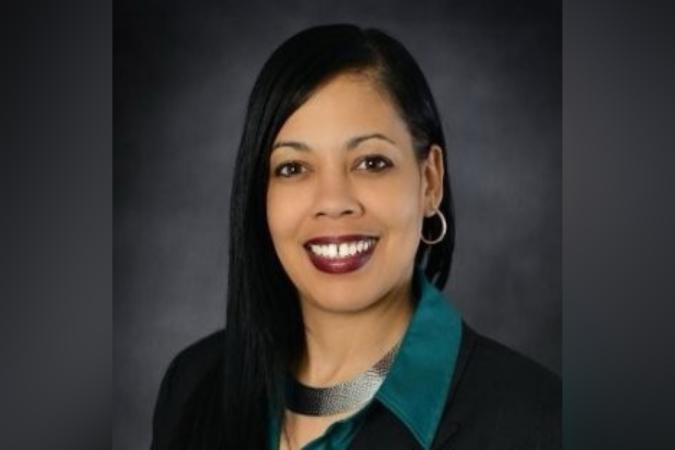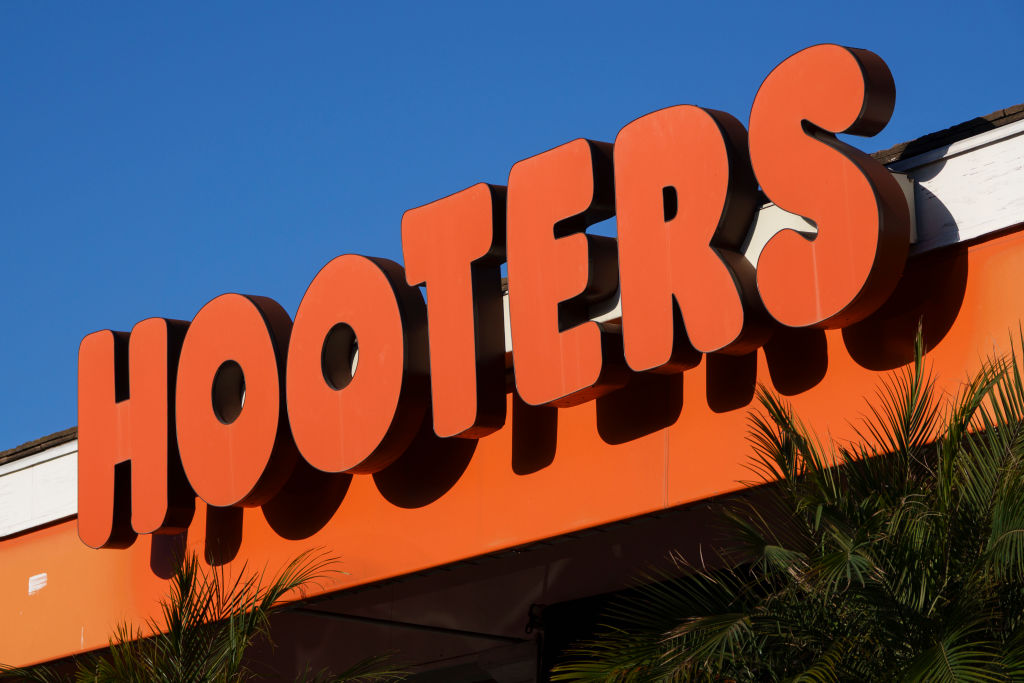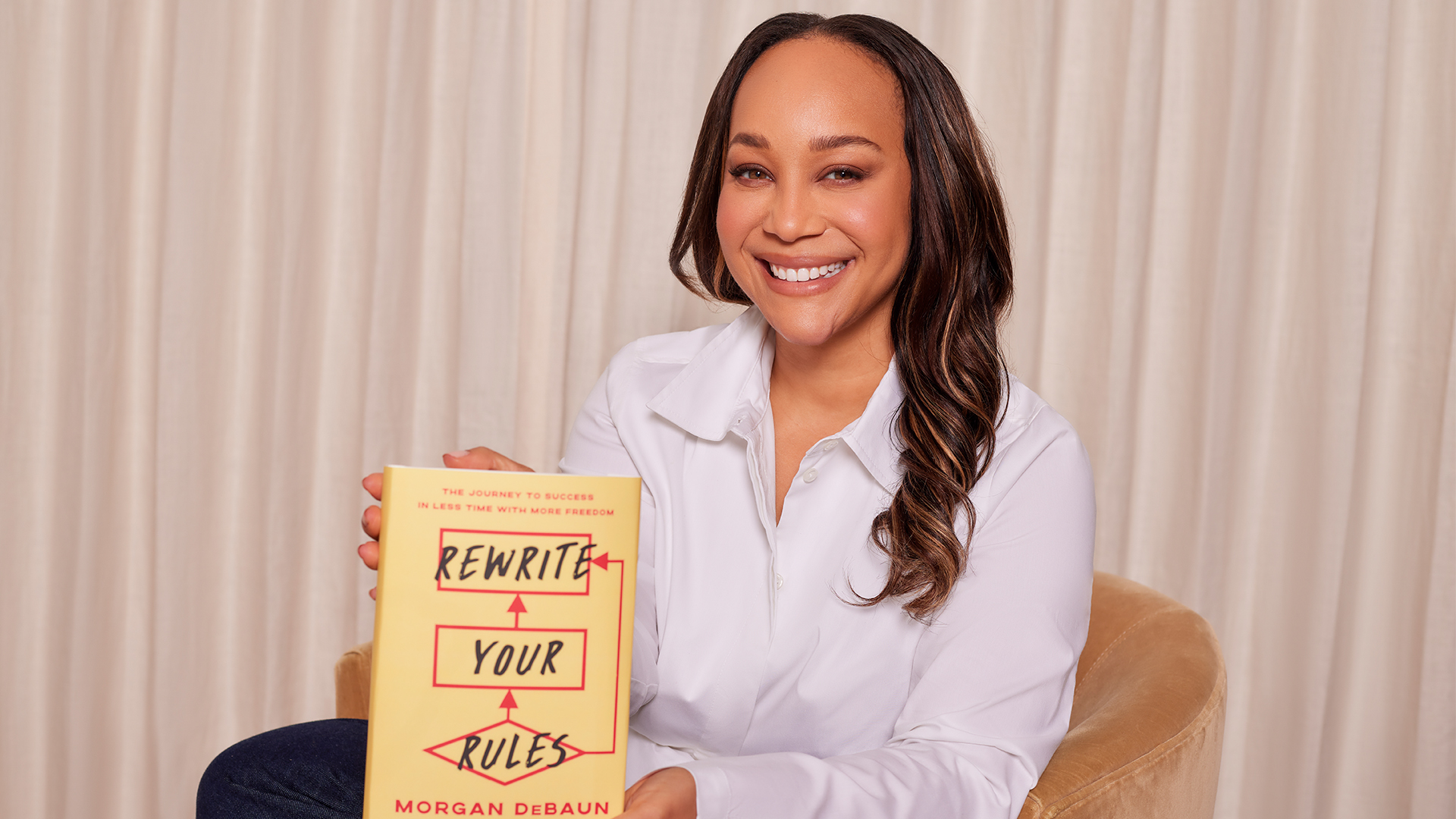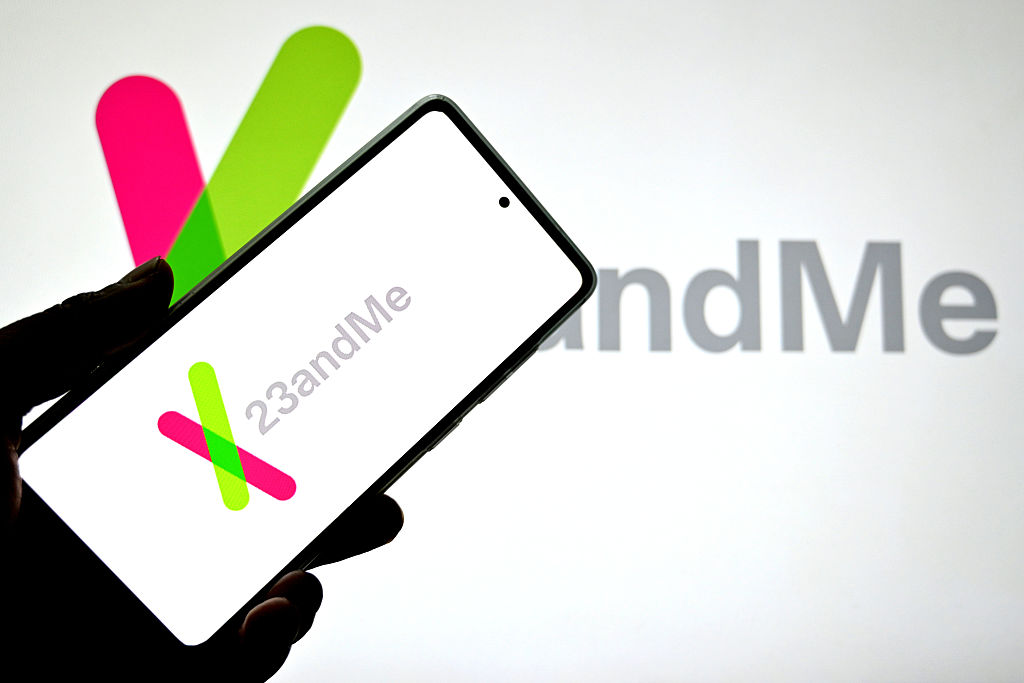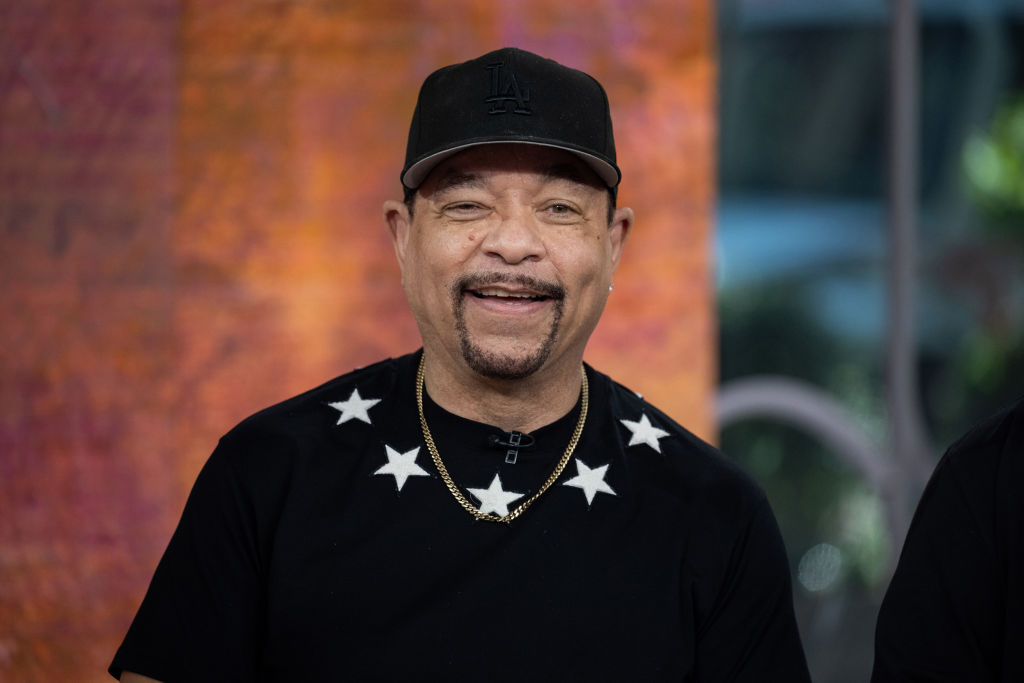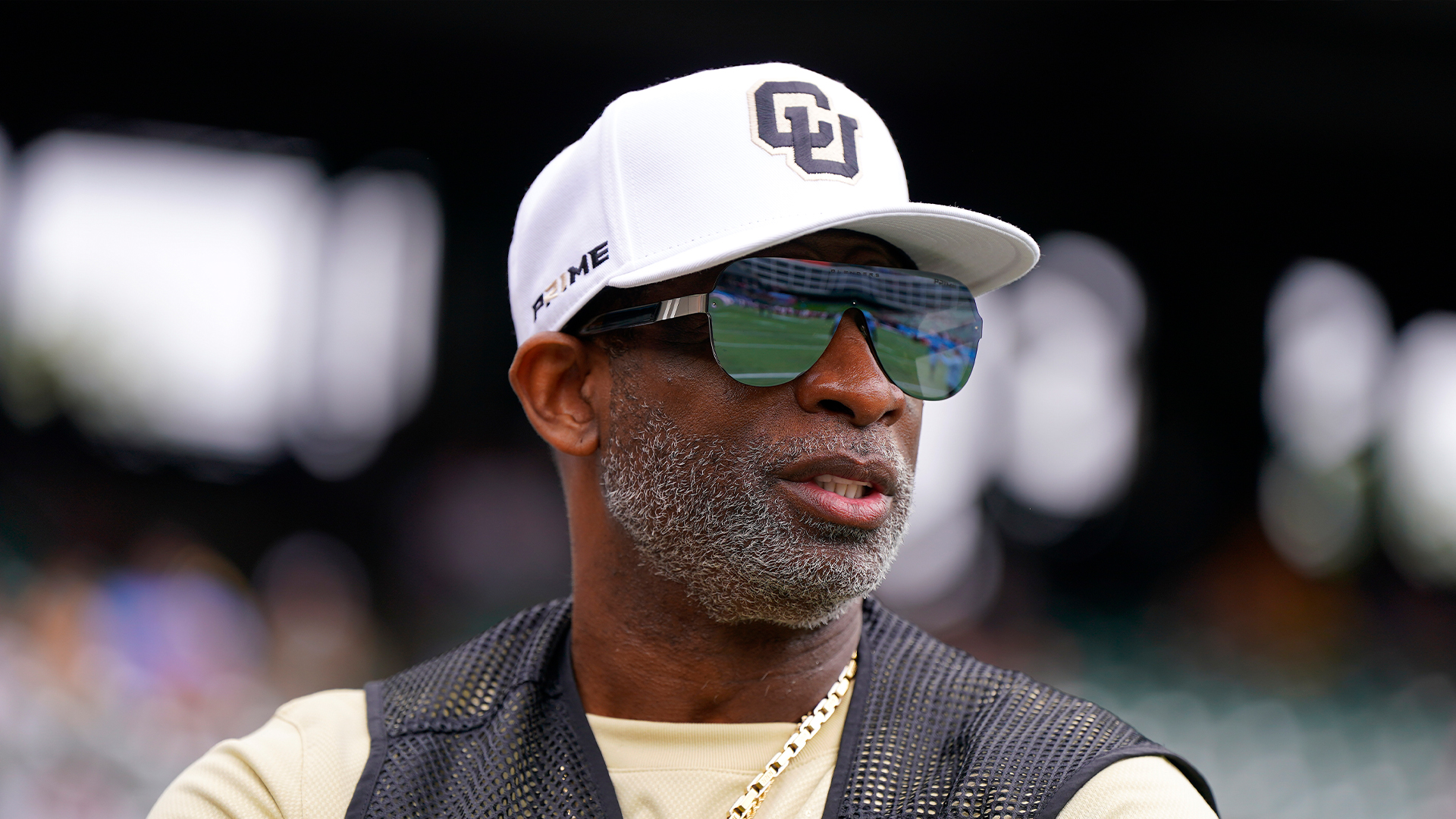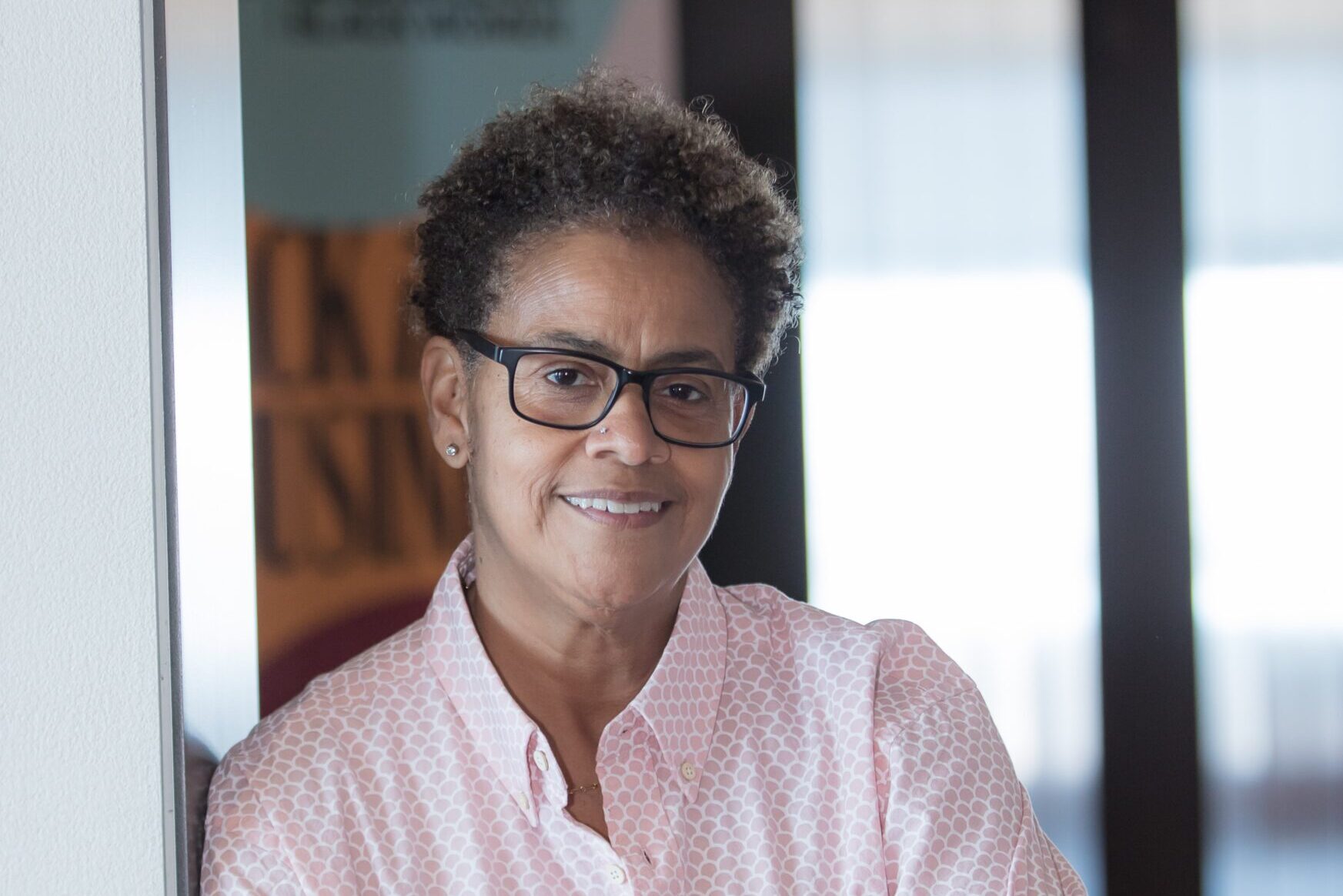There has been increased attention on how business leaders address diversity, equity, and inclusion in the workplace. After nearly a year since the nation experienced civil unrest, a group of large corporations are banning together to keep the conversation going.
Intel, Dell Technologies, Nasdaq, NTT DATA And Snap Inc. have teamed up to formulate a new coalition called the Alliance for Global Inclusion, Intel shared in a recent press release. Dawn Jones, Intel’s chief diversity and inclusion officer (CDIO) and vice president of social impact, told AfroTech that the companies formed this coalition to further commit to developing and aligning on shared metrics that track progress in diversity and inclusion.
“This isn’t new for Intel – we’ve been growing and expanding our efforts to create more inclusiveness and close critical representation gaps for many years, and as we’ve done so, we realized that our efforts alone are not enough,” Jones told AfroTech. “We connected with companies who aligned with our belief that the best way to accelerate the adoption of inclusive business practices is through data transparency and collaboration on a unified set of measurable goals.”
The alliance will be focusing its work on four critical areas: leadership representation, inclusive language, inclusive product development, and STEAM readiness in underserved communities. These metrics are derived from a global survey that Intel launched last year to look at diversity and inclusion progress at 13 companies. While the inclusion index survey was anonymous, Jones said that all five current alliance members participated. Intel brought together CDIOs from said companies to review survey data and come up with the four key focus areas for the alliance’s work.
“The coalition will work together, combining the collective power and resources of our global organizations, to meet our goals and create a more equitable and just tomorrow,” Jones said. “We will openly share best practices, progress made and lessons gained through this collective effort on the Alliance For Global Inclusion website.”
The index looks at the most and least successful DEI practices, workforce representation, variations in practices by region, as well as tracking methods, the press release states. The survey showed that gender diversity is lacking severely. Collectively, the 13 companies’ workforces are comprised of 72 percent men and 28 percent women. That gap widens on the executive level with 81 percent of men holding leadership positions compared to the 19 percent of women working at the top. As far as holding technical positions, men account for 84 percent while only 16 percent of women take up these roles.
Some other high level statistics the alliance found in the survey were:
- 8 out of 13 companies publicly report their gender pay equity metrics as part of annual DEI reporting within the past five years.
- 7 out of 13 companies host formal programming for youth educational outreach and/or technology access to benefit diverse student populations.
- 8 out of 13 companies conduct training on bias mitigation for hiring managers, recruiters, and other points of contact before interviewing candidates for open roles.
“By this time next year, we will be sharing how we’ve made progress toward our goals, demonstrating to other companies that transparency and collaboration are critical ingredients to accelerating change, business outcomes and global impact,” Jones said.
This index will serve as a benchmark for companies to track DEI improvements and current practices. The data will be updated twice a year and shared publicly. All of the CDIOs from the alliance member companies will also convene twice a year to assess the latest inclusion index findings. The alliance will also be hosting working groups for each of the four focus areas that will be led by employees from partner companies. The next survey will launch in the fourth quarter of this year.
